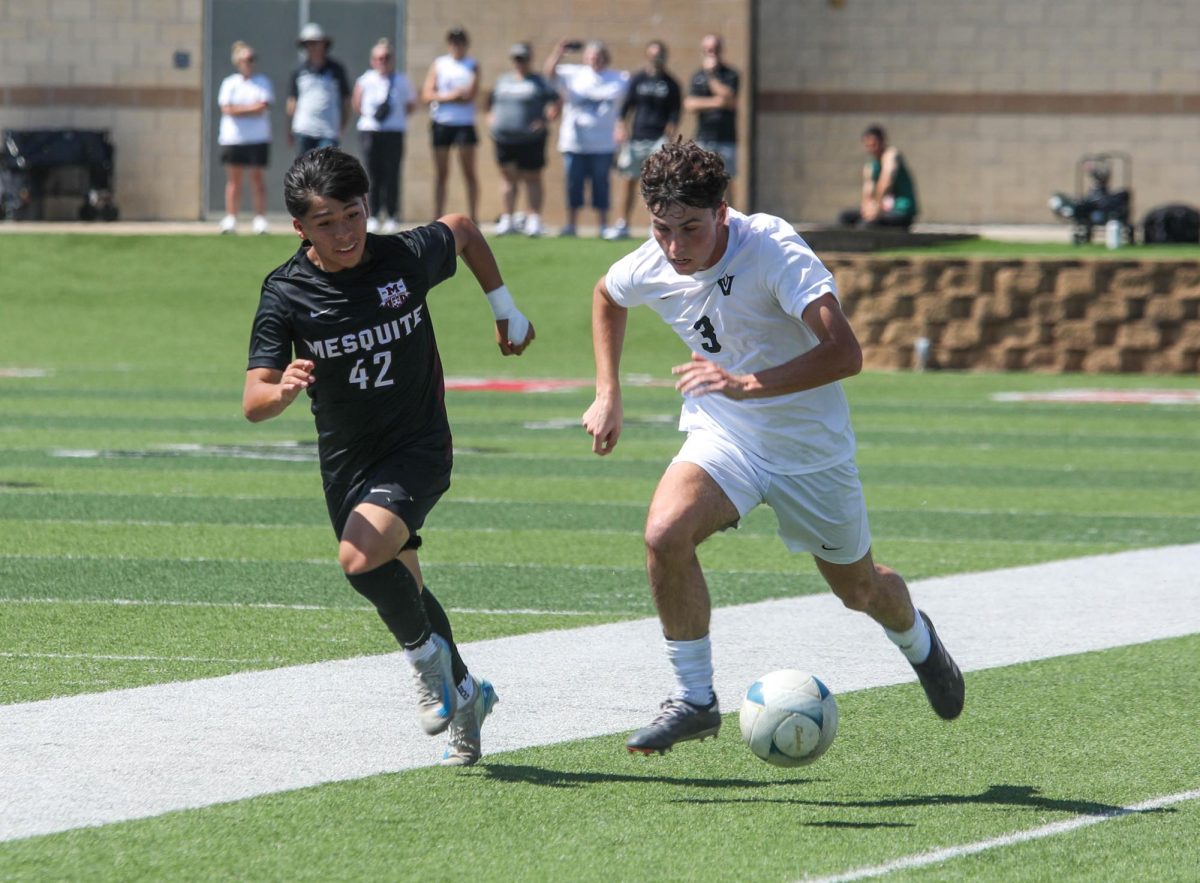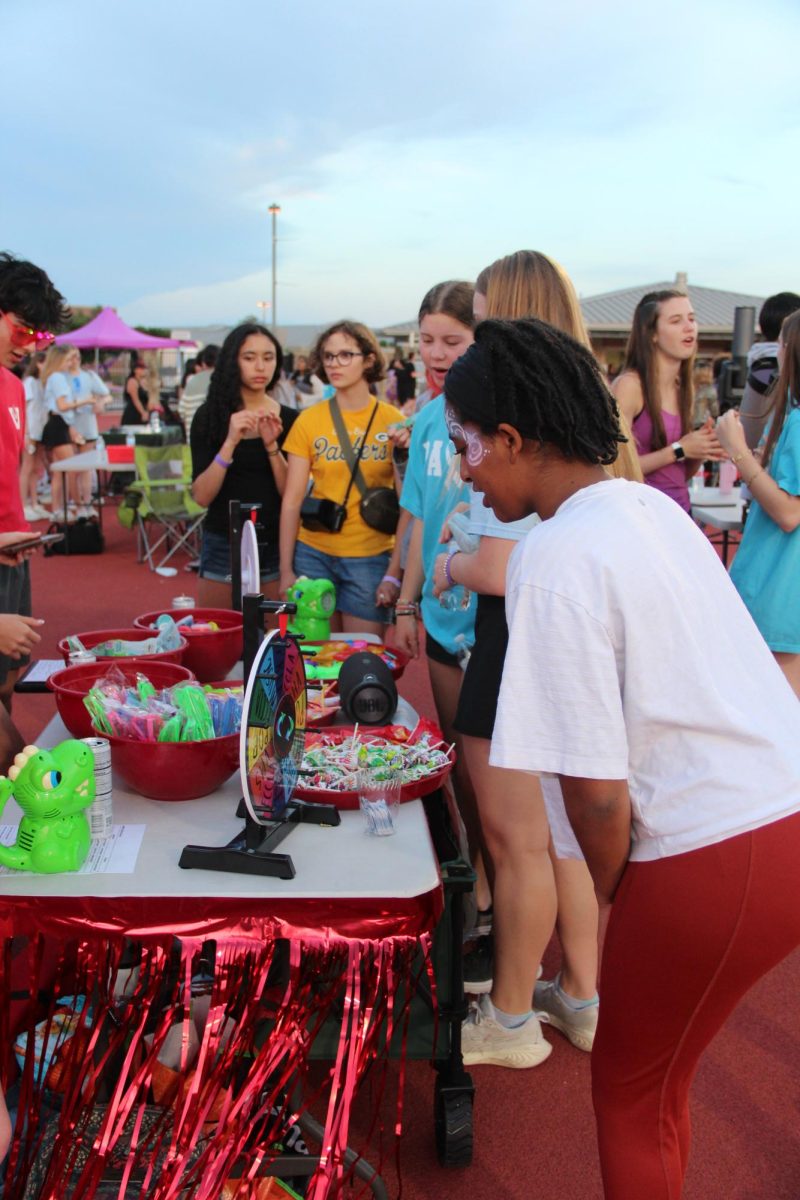Football games, parties, in-depth classes and of course, independence are the key aspects of the college experience. However, the drive to get into these institutions has been gradually decreasing, and students are finding other ways and opportunities to receive an education or start a career. The late night studying and the countless stressful academic activities of high school are starting to become not enough for an acceptance letter, leaving many students with crammed schedules to fill up their resume. Even after receiving the long awaited acceptance letter, many still feel lost in their attempt to become fully independent, and feeling unprepared for the real world.
The rate of students applying for college has been gradually declining since 2011. With student’s finding alternative routes for an education, like trade school or the military, the factors colleges play in finding a career has significantly decreased.
“There’s other options, also colleges [are becoming] way too expensive, students post-Covid are struggling to find jobs with masters degrees,” said history teacher Ms. Allen.
With the financial aspect of college, student debts can affect young adults for years, leaving them in a burden while struggling to adapt to life outside of the education system. The average tuition has greatly increased with rates going as high as 65% more than previous years. Even with the struggle to be financially stable during and after college, some may still be confused about how to get through life and how to manage basic life skills that are not taught to students earlier on.
“If you take the right classes, [high school] can prepare you for college quite well, but I don’t think it prepares you for after college,” said senior Luke Brideau, “You’re missing significant life skills.”
Some have argued on whether or not home economics should be a program or required class offered to high school students, as the responsibilities of adult-life may be difficult for some students to grasp.
“There should be more programs for students to understand what life is like outside of high school [where] we’re being honest and transparent about these future prospects,” said Allen.
Even with proper knowledge on life outside of education, students still brawl for the top academic spot at their school in order to get into their dream college. With a rigid structure and standardized testing, many students are left extremely stressed while striving for the best grade. The grading system, for one, has been viewed as unfair on determining the intelligence of a student, with the concept of placing a number– GPA– on a student’s academic abilities.
“There’s ups and downs to [the grading system]. I think it’s bad because it causes students significant amounts of stress over meeting the end goal, I don’t believe a test is an accurate measure of knowledge,” said Brideau, “At the same time it’s good because it gives students a way to reflect on how they put in the work and see what outcome they [got] from it.”
There are many criticisms in the modern day education system, and the rates in which students are going to the next step in their educational journey has been slowing down in the past year. With other schooling options, higher financial costs, as well as many starting their own careers without higher education experience, the future of university institutions is unknown.















